The ideal first home is different for everyone but there are some things that one should always look for when starting the hunt!
If you decide the time is right, here are some key things to look for in your first home.
1. Price Tag
It is essential to know how much your first home will cost. If you’re unsure about how to get this right, let a reputable real estate agent find out in its recent property sales report why it is priced that way and if the house is worth what it is being sold for.
And don’t forget, even if you can afford the mortgage repayments, you also have to factor in payments allotted for home insurance, utility bills, property taxes, maintenance costs and repair expenses. All these and more should be considered and you should be confident enough and financially stable enough to make owning your first home a reality.
2. Property Issues
If you’re serious about making that house your new digs, don’t just take a peek beyond the front door and make a quick sweep of all the rooms in plain sight. A thorough inspection is a must if you want a realistic view of the good, bad and worst side of the house. After all, it’s hard-earned money you’re investing here.
Look for structural defects, mold and animal-related odors, pest problems, or any sign of maintenance negligence. If you can’t do this on your own, this is where professional home inspectors will come handy such as those coming from the American Society of Home Inspectors (ASHI).
3. Proper Lawn and Garden
Trees provide more than just shade and cool air for your home; they also filter water and air to reduce soil erosion and greenhouse gases. Plus, your energy bills all year round will be significantly reduced if you let Mother Nature help you out a bit.
So look into the possibility of having proper lawn and garden because they don’t just beautify your surroundings but also add curb appeal which can also contribute for increasing your home value.
Deciduous trees are ideal plants especially when strategically placed on the western and eastern sides of your house. They lose leaves in the fall and can help in maintaining desired temperature during extreme weather seasons.
4. A Long-Term Stay
You have to take into consideration how your potential first house will fare in the market in the coming years. Don’t just cash in yet if it is deemed to decline further in value.
If you cannot see yourself staying here for a good five to ten years, it may not be worth the expensive down payment or mortgage expenses and can even put you in financial ruin. But if you believe that you’re in here for the long haul and you have the appropriate resources and patience to turn it in a long-term investment, sign the deal and make it your new home.
5. Neighborhood Culture
Home values are greatly affected by the kind of neighborhood it belongs to. You want your first home to be in an area where crime rate is at a minimum, public facilities are just a stone’s throw away, and potential neighbors feel pride in their ownership of their own homes.
Ask a good realtor to identify and recognize if the property you’re interested in has these factors. They should be able to tell you whether your house is a hot deal or not worth your money. It’s your fundamental right to know if your first home is the right place for you and your loved ones.
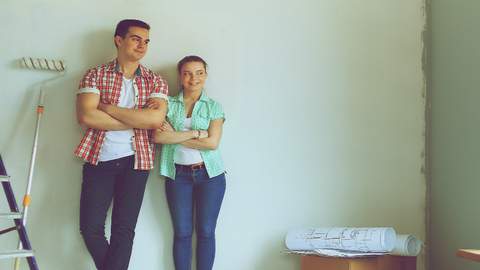
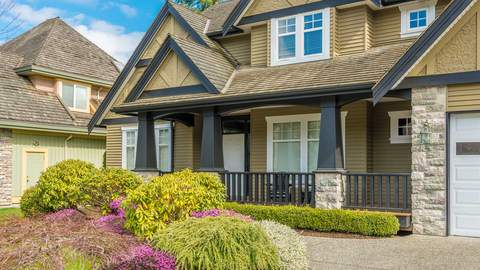

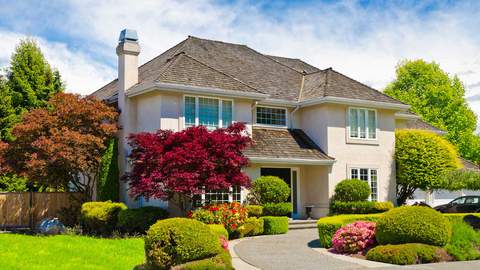

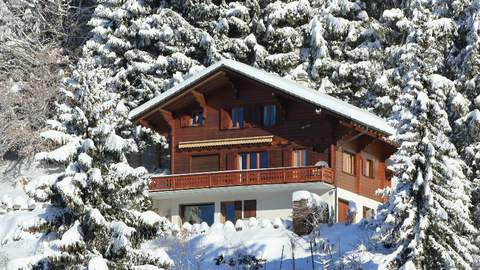
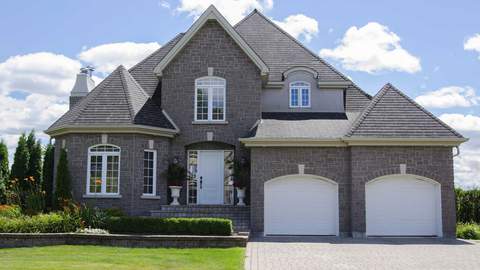
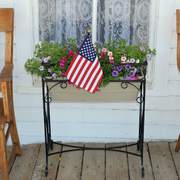


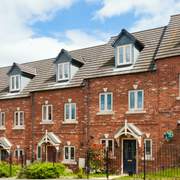
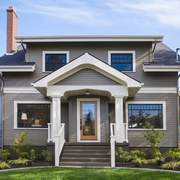

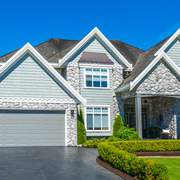

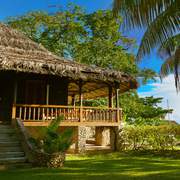
Write a Comment